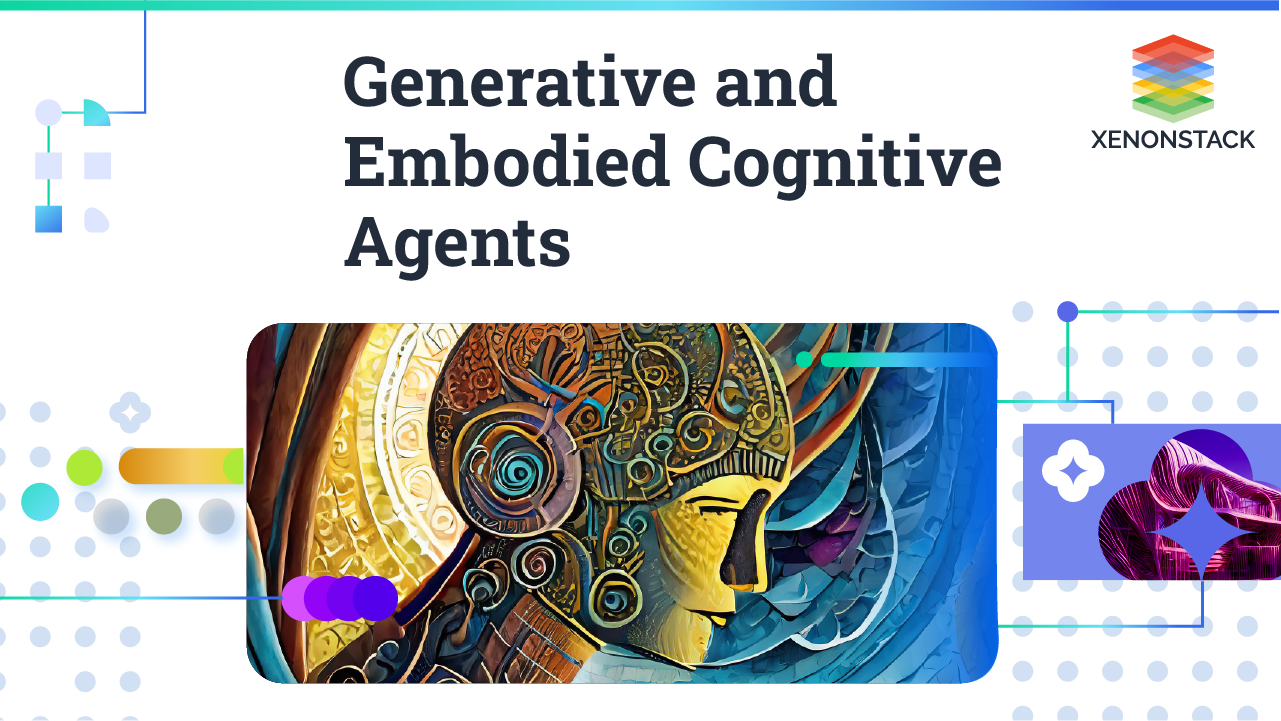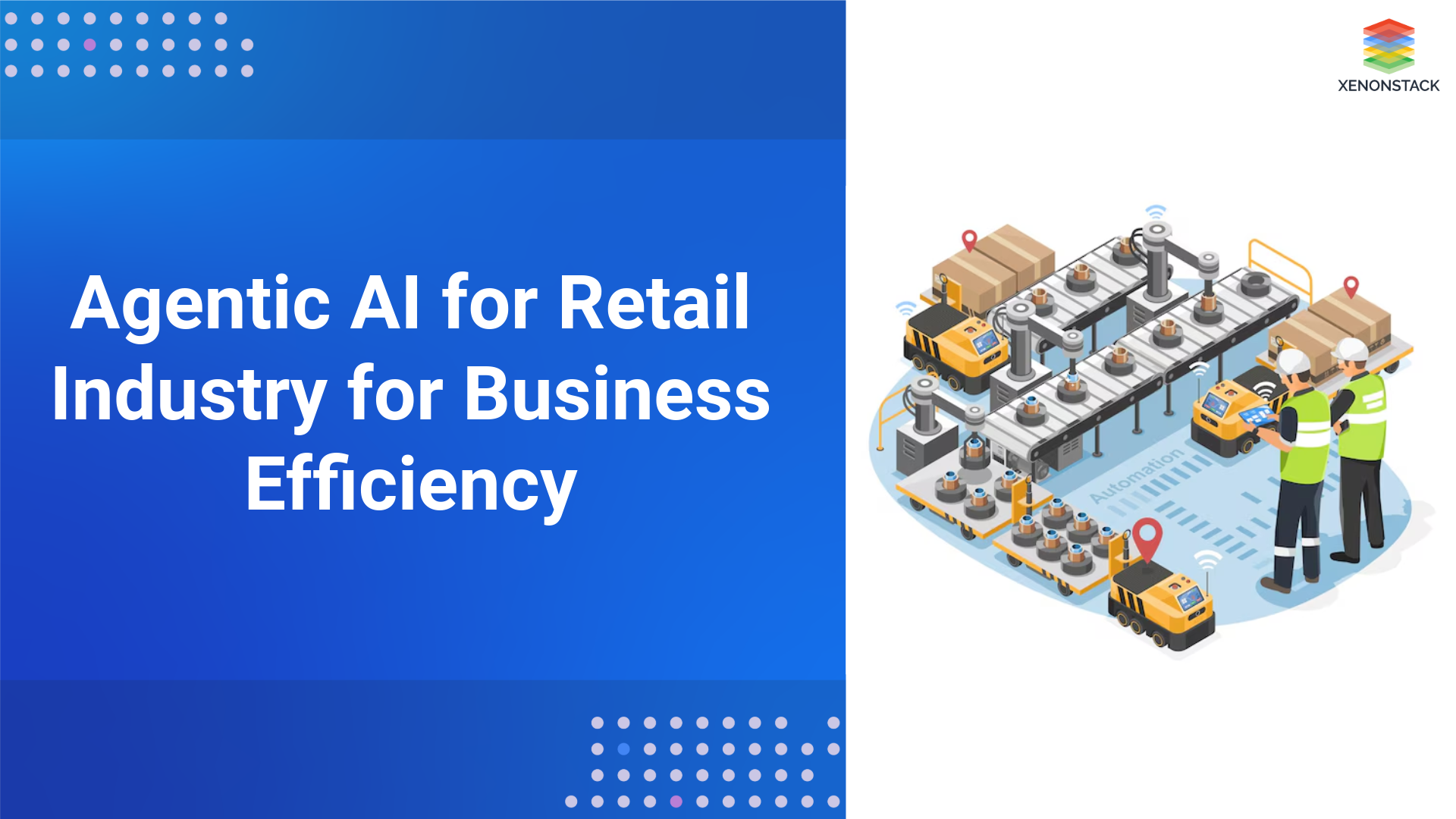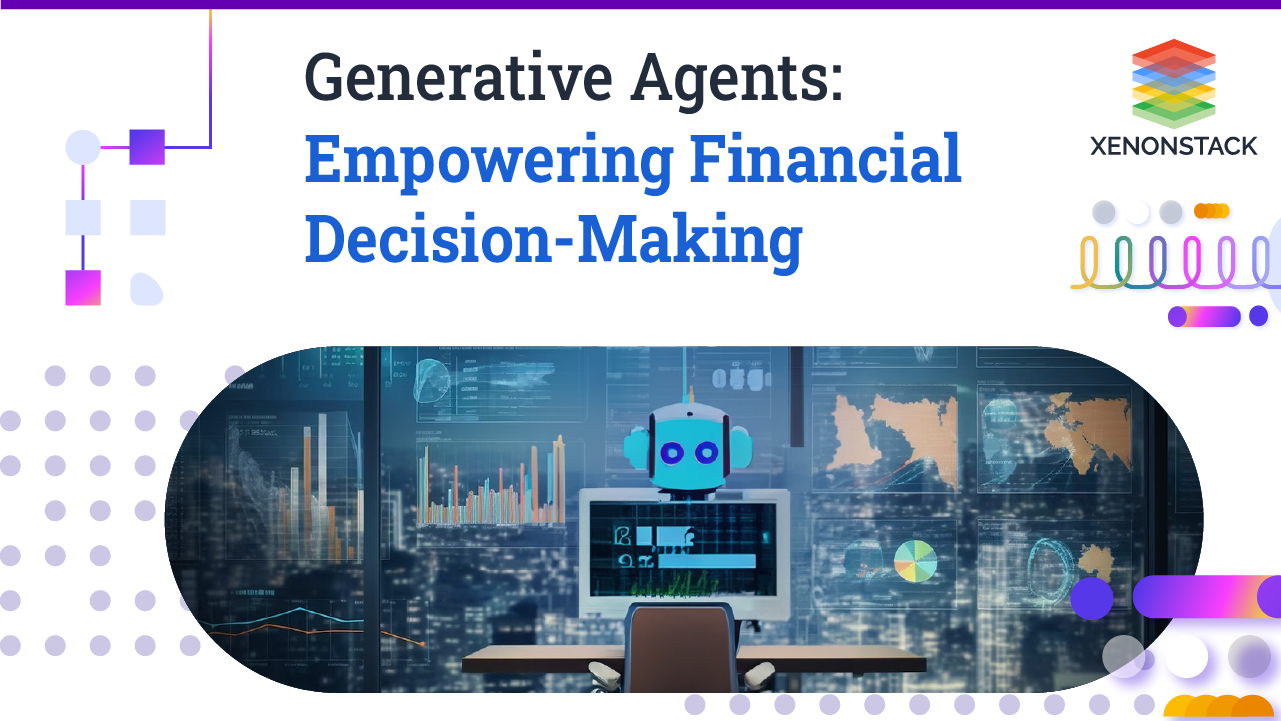
The Role of Agentic AI in Market Research
Agentic AI enables the deployment of autonomous agents throughout the research lifecycle—from data collection and analysis to insight generation and decision-making. Below are key agent types and their market research applications.
1. Autonomous Data Collection Agents
These agents continuously gather data from a wide range of digital sources, such as:
-
Social media platforms (Twitter, Reddit, TikTok)
-
Customer review sites (Amazon, Yelp)
-
News outlets and industry publications
-
E-commerce platforms and competitors’ websites
How They Work: Agents establish data collection parameters, use web scrapers and APIs, and apply natural language processing (NLP) to interpret tone, sentiment, and emerging themes.
Benefits:
-
Always-on, real-time data harvesting
-
Cross-platform and multilingual capabilities
-
Rapid identification of emerging trends or crises
Example: A beverage company uses agents to monitor public discussions about sugar intake. When a spike in negative sentiment around sugary drinks is detected in a specific market, the company adjusts its advertising and product formulations accordingly.
2. Insight Generation Agents
These agents analyze live data streams to surface meaningful patterns, trends, and strategic insights.
How They Work: These agents convert raw data into actionable insights and summaries by leveraging large language models (LLMs), clustering techniques, and sentiment analysis.
Benefits:
-
Reduction in analyst workload
-
Real-time, contextual insights
-
Executive-level summaries and reports
Example: A mobile app developer receives a sudden wave of user feedback. Insight agents categorize the feedback into user interface issues, performance concerns, and feature requests. The product team is then able to address critical problems before they impact app store ratings.
3. Competitor Intelligence Agents
These agents continuously monitor competitor behaviour, including price changes, content strategy, customer sentiment, and feature rollouts.
How They Work: They benchmark competitor data against KPIs such as traffic metrics, SEO rankings, feature parity, and customer engagement.
Benefits:
-
Timely alerts about competitive moves
-
Informed SWOT (Strengths, Weaknesses, Opportunities, Threats) analysis
-
Improved strategic planning and positioning
Example: A SaaS company monitors its top competitors using these agents. When a rival launches a new feature, the agent assesses its impact and notifies the product manager, who prioritizes a competitive response.
4. Persona and Segmentation Agents
These agents automatically create and refine customer personas using behavioral, demographic, and psychographic data.
How They Work: By connecting with CRMs, mobile apps, and analytics tools, agents continuously group users into evolving segments, adjusting based on behavior patterns.
Benefits:
-
Dynamic customer segmentation
-
Personalized marketing and product experiences
-
Higher engagement and customer loyalty
Example: A fitness app identifies that users tracking sleep and workouts are more likely to subscribe. Persona agents target these users with personalized nudges and recommendations, increasing subscription rates.
5. Decision Support and Simulation Agents
These advanced agents assist leadership by running simulations and modeling the potential outcomes of strategic decisions.
How They Work: Agents analyze historical data, market signals, and customer behaviour to simulate outcomes of pricing changes, product launches, or marketing strategies.
Benefits:
-
Predictive scenario planning
-
Simplified reporting for decision-makers
-
Reduced strategic risk through informed decision-making
Example: A retail chain considers offering regional discounts. A simulation agent forecasts potential revenue and foot traffic changes, recommending pilot locations with the highest ROI.
Successful Market Research campaigns with AI Agents
-
Always-On Intelligence: Agents operate 24/7, continuously gathering and analyzing data.
-
Scalable Insights: Easily extend to new markets, demographics, or verticals without increasing team size.
-
Reduced Costs and Time: What once took weeks now happens in real-time with lower resource investment.
-
Real-Time Personalization: Tailor marketing and product experiences instantly based on user behaviour.
-
From Insight to Execution: Agents generate insights and trigger workflows or content updates.
Use Cases of Agents for Market Research
-
Consumer Goods Launch
-
Agents track global dietary trends.
-
The brand tailors messaging to emphasize plant-based ingredients, improving campaign success.
-
-
B2B Software Expansion
-
Insight agents uncover regulatory pain points in healthcare IT.
-
The platform adds compliance modules and updates marketing materials.
-
-
Retail Store Optimization
-
Persona agents analyze regional shopping habits.
-
Stores adjust layout and promotions based on agent-generated forecasts.
-
Seamless Integration Across Ecosystems
Agentic AI integrates with widely used business tools:
-
Data Lakes: AWS Redshift, Snowflake, Azure Synapse
-
CRM Platforms: Salesforce, Zoho, HubSpot
-
BI Tools: Tableau, Power BI, Looker
-
Marketing Tools: Adobe Experience Cloud, Mailchimp, Marketo
-
AI APIs: OpenAI, Anthropic, Cohere
This interoperability ensures that agents complement existing systems rather than requiring organizations to rebuild their data infrastructure.
ROI of Agentic AI in Market Research
Agentic AI isn’t just a technological upgrade—it delivers measurable value:
-
Faster Time-to-Insight: Real-time processing reduces turnaround from weeks to hours.
-
Lower Operational Costs: Automation cuts down on staffing needs and vendor costs.
-
Improved Decision Quality: Data-driven recommendations reduce guesswork and failure rates.
-
Revenue Growth: Better targeting and personalization improve sales conversion and customer retention.
Example ROI Metrics:
|
Metric
|
Traditional Approach
|
With Agentic AI
|
|---|---|---|
| Time to Insight | 4–6 weeks | 2–3 days |
| Cost per Project | $50,000+ | $15,000–$20,000 |
| Campaign Conversion Uplift | Baseline | +18% |
| Annual Departmental Savings | — | $250K–$500K |
As we look ahead, future blog sections will explore the ethical implications of autonomous systems in market research, including privacy, bias mitigation, and transparency. We’ll also cover long-term trends shaping Agentic AI, from regulation to multi-agent collaboration.




